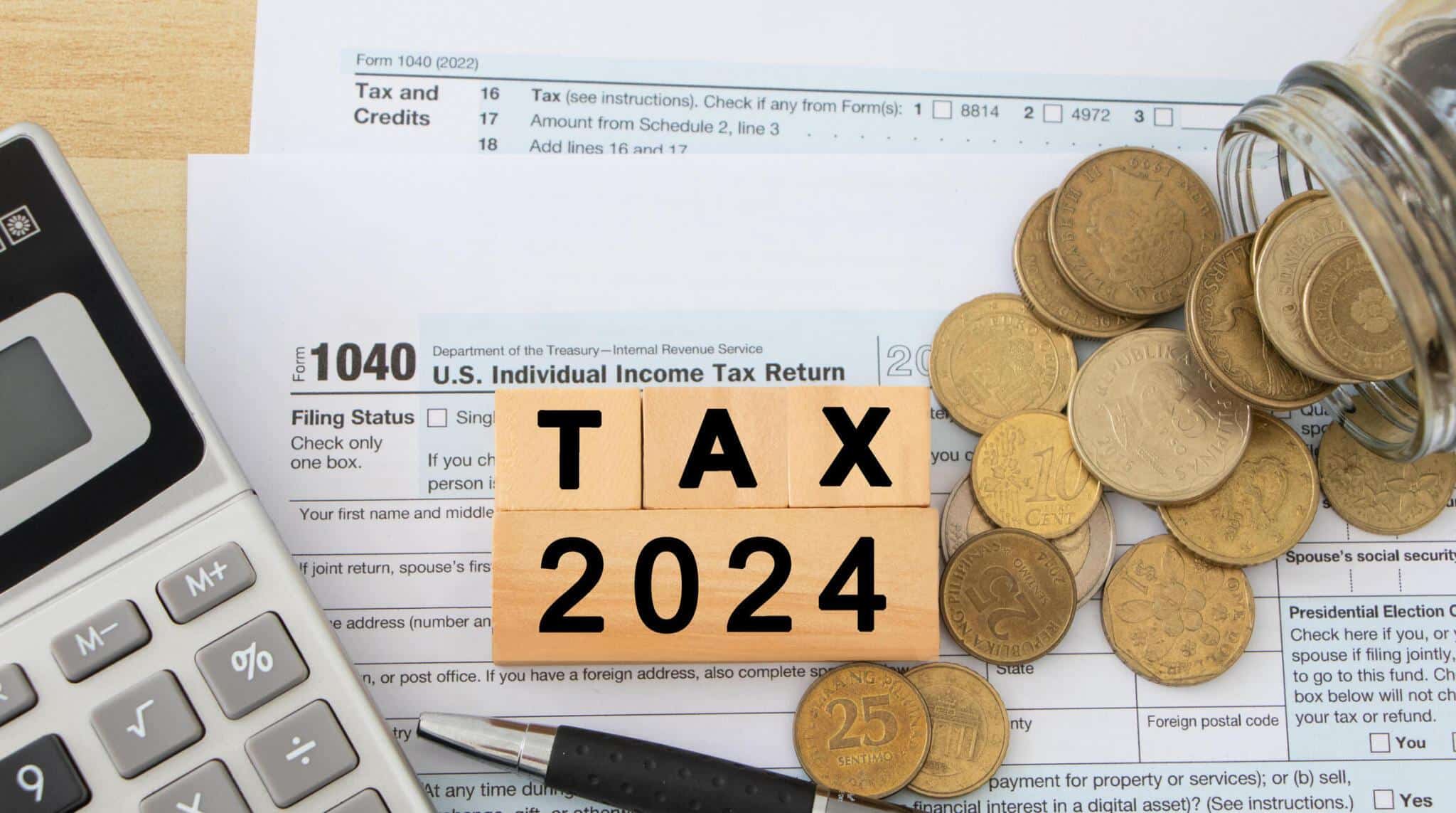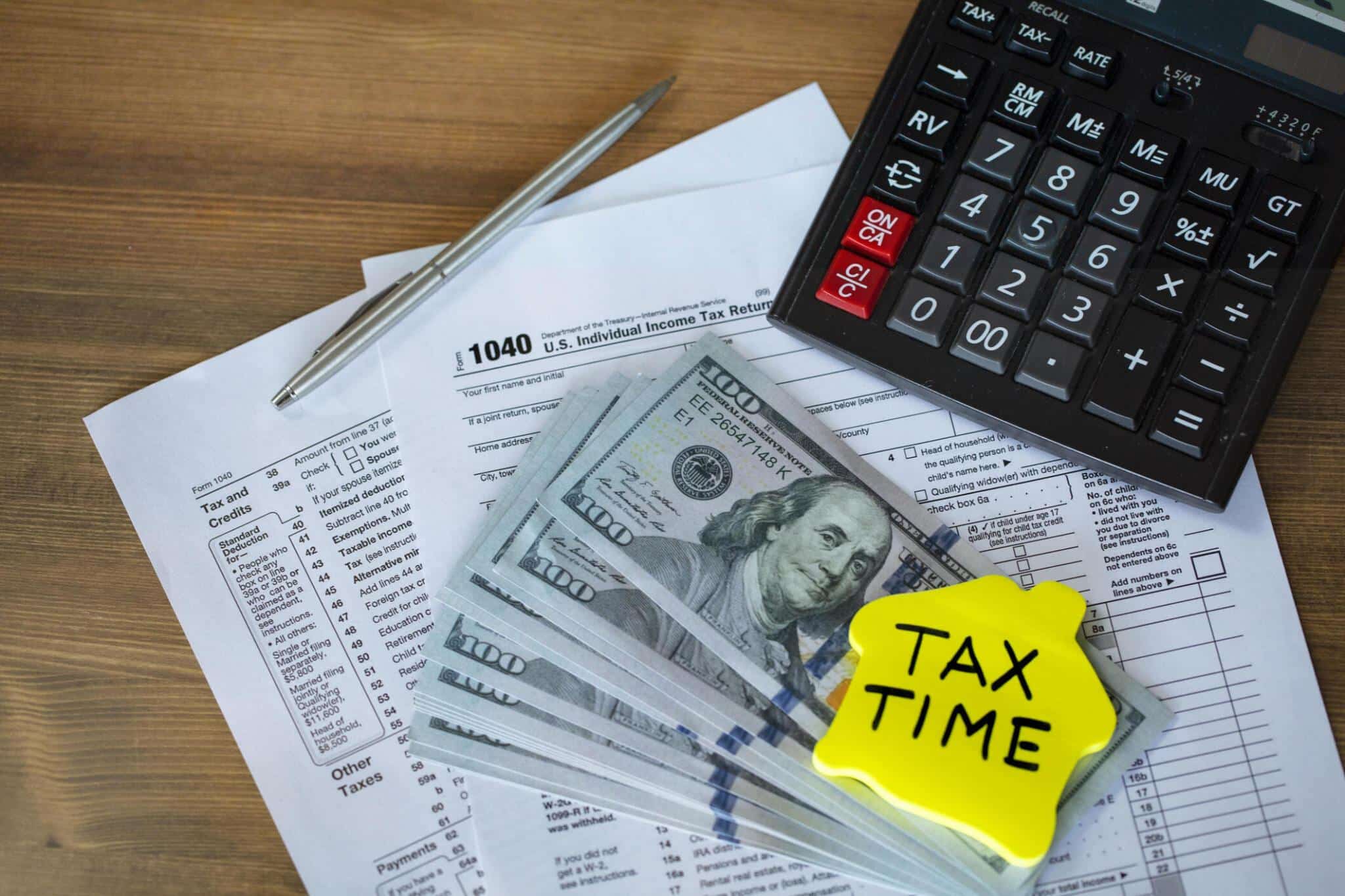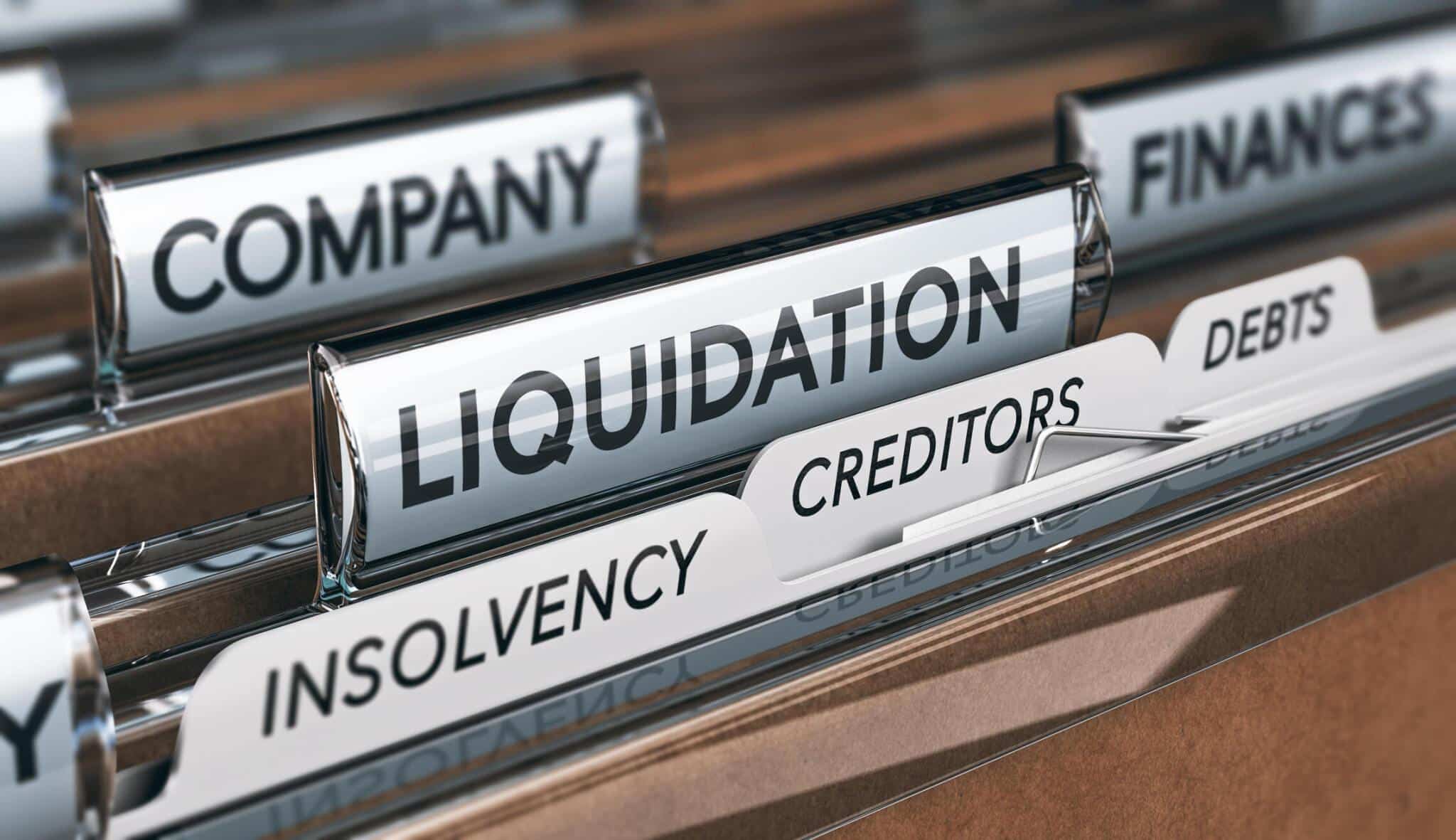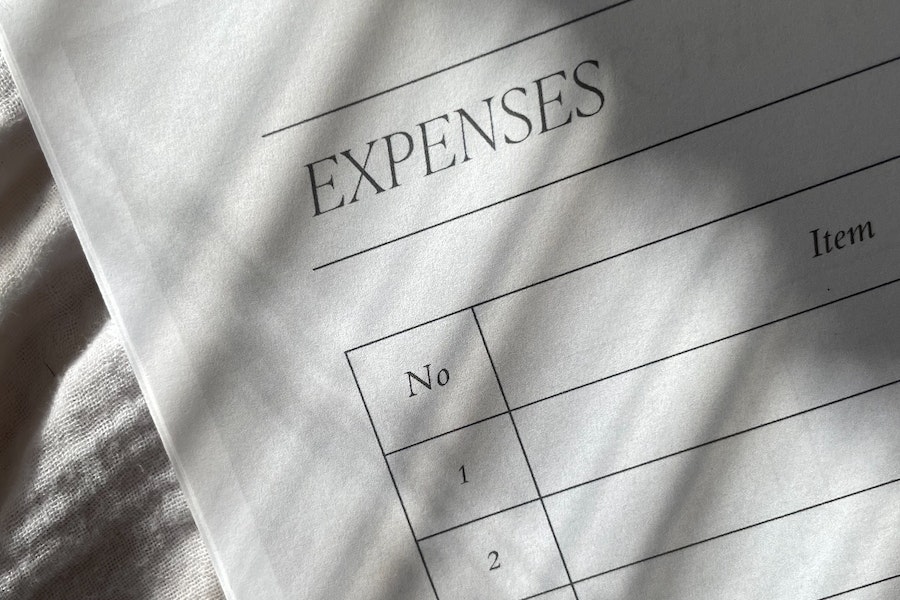Sometimes life gets busy and taking care of financial matters falls by the wayside. However, no matter what is going on, it is still a legal requirement to lodge a tax return in Australia.
This article will take a quick look at what you need to do to lodge a tax return and answers the question: ‘What happens if I don’t lodge a tax return?’
Tax returns: What you need to know
As explained by the Australian Government, “After the end of the Australian income year (30 June), you lodge an annual tax return to tell us how much income you received and tax you paid.” Once you have lodged your tax return, the government sends you a notice of assessment. Then will issue your tax refund if you are entitled to one, or let you know if you owe money.
How to lodge a small business tax return
You do have the option to lodge your tax yourself, using online software called myTax. However, as a small business owner, a sole trader or even as an individual, it can be worth your while to lodge your tax with the help of an experienced tax accountant.
Your accountant will take care of the tax process for you and ensure all documents are lodged correctly with the Australian tax office. They will let you know how much tax you owe or how much you can expect to receive as a tax refund. You can also share your bank details so the refund is automatically deposited into your account.
While the deadline for lodging a tax return for individuals is October 31st, when you work with an accountant you are usually able to extend this to May 15th the following year. This gives you some time to make sure you can pay any outstanding tax bills.
What happens if I don’t lodge a tax return?
Declaring your income and the tax you have paid is compulsory for Australian individuals and small business owners. Even if you believe you have earned below the threshold for paying tax, it is important to declare your income.
If you don’t lodge a tax return, you may think it won’t matter and that nobody will notice. However, the tax office now relies on digital systems which can identify your lack of activity in this area. Fines will be applied for each 28 day period that you are late with your tax return (although this is capped).
According to the ATO, the penalties for individuals, small and medium businesses are as follows:
– For a small entity, FTL penalty is calculated at the rate of one penalty unit ($222) for each period of 28 days (or part thereof) that the return or statement is overdue, up to a maximum of five penalty units.
– For a medium entity, the penalty is multiplied by two. A ‘medium entity’ is a medium withholder for PAYG withholding purposes, or has assessable income or current GST turnover of more than $1 million and less than $20 million.
If you don’t lodge a tax return, you may hear from an ‘external collection agency’ that is tasked with obtaining your lodgement on the government’s behalf.
As you can see, it makes sense to stay on track when it comes to your tax return. Ideally, if you’re a small business owner, you will work with your accountant throughout the year so you have a ballpark understanding of how much you will owe and be able to keep this money aside
so that lodging a tax return isn’t a stressful experience.
What to do if you are late lodging a tax return
Even if you haven’t filed a tax return for several years, the best thing you can do is take action. The problem is not going to go away so you may as well start taking steps to put it behind you.
If you are late to lodge by a few weeks or months, you may be able to apply for an extension. As the tax office states, “If you can’t lodge by the due date, you should contact us as soon as possible so we can work together to reduce the risk of a penalty.”
This will be much easier if you get the help of an accountant who has a good relationship with the tax office and can speak to a representative on your behalf.
If you are late by several years, be aware that there may be a penalty involved. However, if you have been paying taxes, just not lodging a return, it is also possible that the government may owe you a refund.
Safe harbour
‘Safe harbour’ can protect you from a penalty in the event of you not lodging a tax return on time. This is especially helpful during the 2020 COVID outbreak, when accountants are swamped with work and many small business owners are distracted by simply trying to stay afloat.
The ATO says that, “If you engaged a registered tax agent or BAS agent to lodge your return or statement, you will not be liable for FTL penalty if both of the following apply:
- You can show that you provided the agent with all relevant tax information to enable them to lodge the return or statement by the due date.
- The agent’s failure to lodge the return or statement was not because they were reckless or intentionally disregarded the law.
To be eligible for safe harbour, you will need to provide evidence that you supplied all of the relevant information to enable the agent to lodge the return or statement by the due date. If we determine that the safe harbour provision does not apply, you can still seek a remission of FTL penalty.”
So to answer the question, ‘What happens if I don’t lodge a tax return?’, the answer is that it will eventually catch up with you, probably in the form of a fine. To avoid this, find an individual or small business accountant who can help you stay on top of your tax obligations so you can file each year without too much stress.
See more: Six tax time no-nos for small business owners
Mobbs & Company are small business tax accountants with offices on the Sunshine Coast, in Brisbane and Caboolture. Contact us for a free initial appointment.










